The views expressed in our content reflect individual perspectives and do not represent the authoritative views of the Baha'i Faith.
Until the reality of equality between men and women is established and attained, the highest social development of mankind is not possible. – Abdu’l-Baha, The Promulgation of Universal Peace, p. 76.
For a man to use force to impose his will on a woman is a serious transgression of the Baha’i Teachings. – The Universal House of Justice, Statement on Violence and Sexual Abuse of Women and Children, 1992.
I knew a bright young woman in college who had a big sign on her wall that said “All Men are Pigs.”
As a man, her sign offended me when I first read it. “Hey, wait a minute,” I asked her, “Don’t you think that’s a gross generalization?”
“Well, it’s definitely gross,” she said, “I’ll grant you that.”
Then she sat me down and told me the long and painful story of her negative interactions with men. Starting in her pre-teen years, she had suffered severely from the unwanted attention of many different males. When she was five, her father left her mother for a younger woman. Later in her childhood, she said, a man her mother dated had molested her. As a middle-school student, boys in her classes had groped her, insulted her, and humiliated her by making her the subject of dirty jokes. In high school, she learned that her first boyfriend—even though they had never been intimate—had bragged about his “conquest” of her to the entire baseball team. In college, one of her teachers had attempted to violently rape her in his office.
Slowly, as her story unfolded, I began to see how she developed her “All Men are Pigs” philosophy. It didn’t come from anything she’d heard or read, or any feminist theory—instead, it came from her terrible, long-lasting, actual lived experience. As a result, she didn’t trust men—she judged the entire gender as disrespectful, hypocritical, lecherous and sexually obsessed. She felt that men were only interested in one thing—their own physical gratification, even if they achieved it at the expense of women. She told me that the term “sexually-driven violent men” was triply redundant. That’s why she saw all men as pigs—as lechers of the first order, by nature.
As a man, I rejected her characterization—but after hearing her story, I could clearly see why she felt that way, and comprehend how she got to that point. Throughout her childhood, adolescence and early adulthood, many different men treated her as an object rather than a person. Those men ruined her faith in all men, and traumatized her for life. They ruined her belief in the essential goodness of half of humanity. That same revolting experience has happened to millions of women.
As a man, I know many men who do not treat women in the ways she experienced. But she didn’t meet those men, unfortunately. Instead, she met men who repeatedly oppressed her in unspeakable ways. Are all men that way, by nature? No. But many have taken that dark path toward their lower nature, and women have suffered as a result.
To address these problems of sexual abuse, predation and violence, the Baha’i teachings ask us all, men and women, to fundamentally change the way we relate to each other as human beings:
…the principle of the oneness of mankind is described in the Baha’i Writings as the pivot round which all the Teachings of Baha’u’llah revolve. It has widespread implications which affect and remould all dimensions of human activity. It calls for a fundamental change in the manner in which people relate to each other, and the eradication of those age-old practices which deny the intrinsic human right of every individual to be treated with consideration and respect.
The use of force by the physically strong against the weak, as a means of imposing one’s will and fulfilling one’s desires, is a flagrant transgression of the Baha’i Teachings. There can be no justification for anyone compelling another, through the use of force or through the threat of violence, to do that to which the other person is not inclined. Abdu’l-Baha has written, “O ye lovers of God! In this, the cycle of Almighty God, violence and force, constraint and oppression, are one and all condemned.” Let those who, driven by their passions or by their inability to exercise discipline in the control of their anger, might be tempted to inflict violence on another human being, be mindful of the condemnation of such disgraceful behaviour by the Revelation of Baha’u’llah.
Among the signs of moral downfall in the declining social order are the high incidence of violence within the family, the increase in degrading and cruel treatment of spouses and children, and the spread of sexual abuse. It is essential that the members of the [Baha’i] community… take the utmost care not to be drawn into acceptance of such practices because of their prevalence. They must be ever mindful of their obligation to exemplify a new way of life distinguished by its respect for the dignity and rights of all people, by its exalted moral tone, and by its freedom from oppression and from all forms of abuse. – The Universal House of Justice, Statement on Violence and Sexual Abuse of Women and Children, 1992.
The most important step in that fundamental change, the Baha’i teachings say, involves a universal recognition of the absolute equality of men and women:
…there shall be perfect equality between men and women. Why should man create a distinction which God does not recognize? In the kingdoms below man sex exists, but the distinction between male and female is neither repressive nor restrictive. The mare, for instance, is as strong and often more speedy than the horse. Throughout the animal and vegetable kingdoms there is perfect equality between the sexes. In the kingdom of mankind this equality must likewise exist, and the one whose heart is purest, whose life and character are highest and nearest to the divine standard is most worthy and excellent in the sight of God. This is the only true and real distinction, be that one man or woman. – Abdu’l-Baha, The Promulgation of Universal Peace, p. 435.
This “perfect equality,” which the world has not yet achieved anywhere, means that male dominance must end.
Next: Survival of the Fittest: A Faulty Philosophy?
You May Also Like
Comments



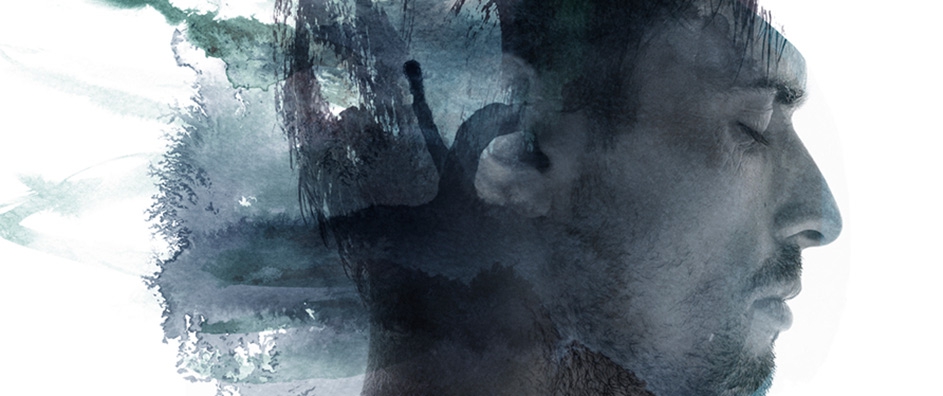



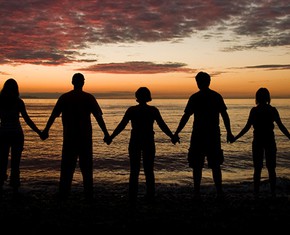
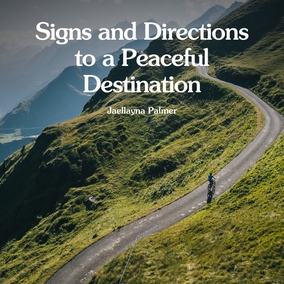
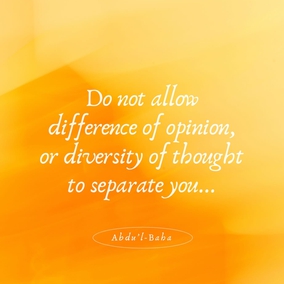
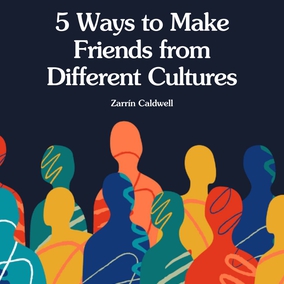
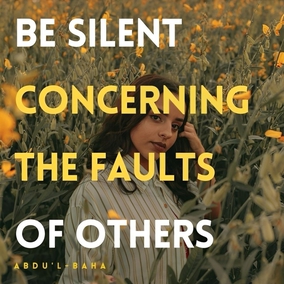





real world, not just the one God
has rightly ordained for us. Baha'is
must not be in denial, or our religion
will be dismissed as incredible and
irrelevant. I also like your college
friend's wry wit, and how she "sat
you down"! Obviously, somebody needs to straighten us out!